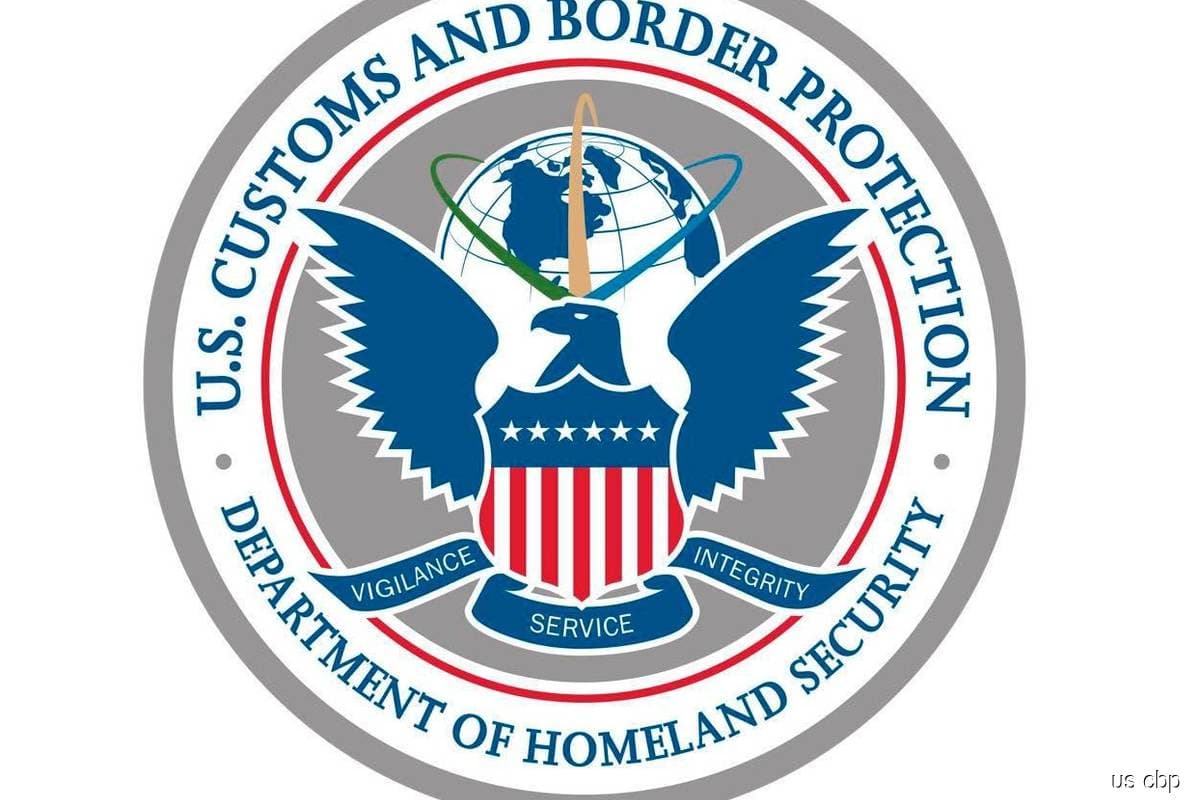
KUALA LUMPUR (March 9): The US Customs and Border Protection (CBP) has seized four shipments of Malaysian palm oil in Baltimore since Feb 11 due to information indicating that the commodity was manufactured by forced labour.
In a statement on its website on Tuesday (March 8), the US CBP said the palm oil shipments are valued at nearly US$2.5 million (RM10.5 million).
The US CBP said it had seized the latest shipment, consisting of 108 super packs of palmitic acid, on March 1 and confiscated three earlier shipments of a combined 270 super packs of palmitic acid on Feb 11.
It said super packs are large flexible sacks that are used to transport bulk cargo, such as sand, grain, coffee beans or powdery substances.
The US CBP, however, did not identify the Malaysian company which produced the palmitic acid in its statement.
Palmitic acid is palm oil refined into a powder that can be easily incorporated into food, beverages, and skin and health care products.
Refining oils also removes unwanted free fatty acids, gums and waxes.
The US CBP said all four shipments of palmitic acid were produced in Malaysia and destined to a processing facility in Delaware.
It said the combined weight of the four shipments of palmitic acid came to 544,176 pounds and had an appraised value of about US$2,466,500.
On Jan 28, the US CBP issued a Notice of Finding that certain palm oil and derivative products were made wholly or in part with palm oil produced by Sime Darby Plantation Bhd, its subsidiaries, and joint ventures with the use of convict, or forced or indentured labour.
The US CBP’s Acting Area Port Director in Baltimore, Marc Calixte said there is no place for forced labour in today's world, and the agency stands firm against foreign companies that exploit vulnerable workers.
“The US CBP will continue to ensure that goods made with forced labour do not enter our nation’s commerce and we will help to root out this inhumane practice from the US supply chain,” he said.
The US CBP said its officers initially detained the first three shipments on Nov 30, 2021 and the latest shipment on Dec 3, 2021.
The agency also said that it provides importers of detained shipments an opportunity to export their shipments or demonstrate that the merchandise was not produced with forced labour.
It said the importer did not respond to the US CBP within the three-month period for taking one of these actions, and the agency therefore seized all four shipments.